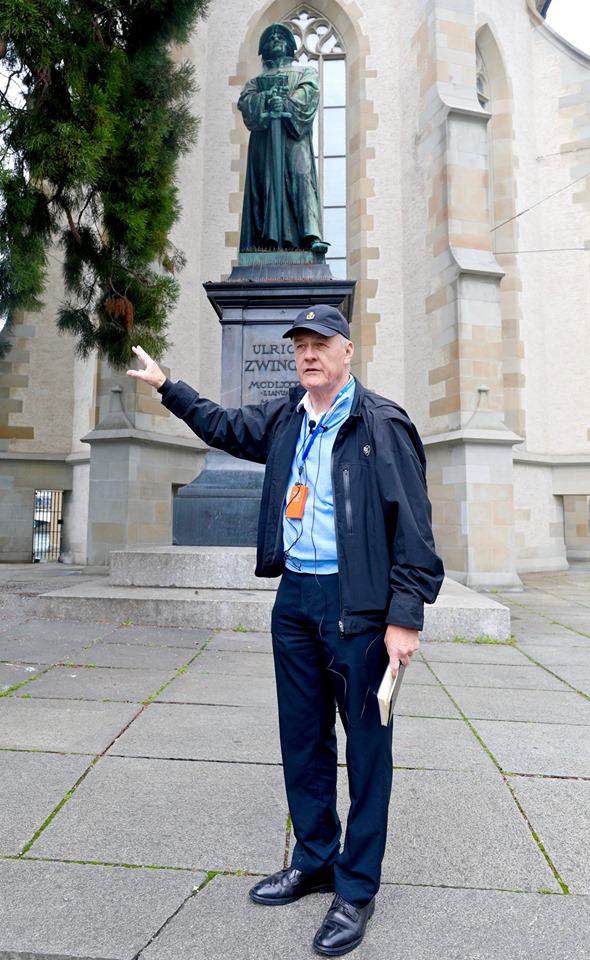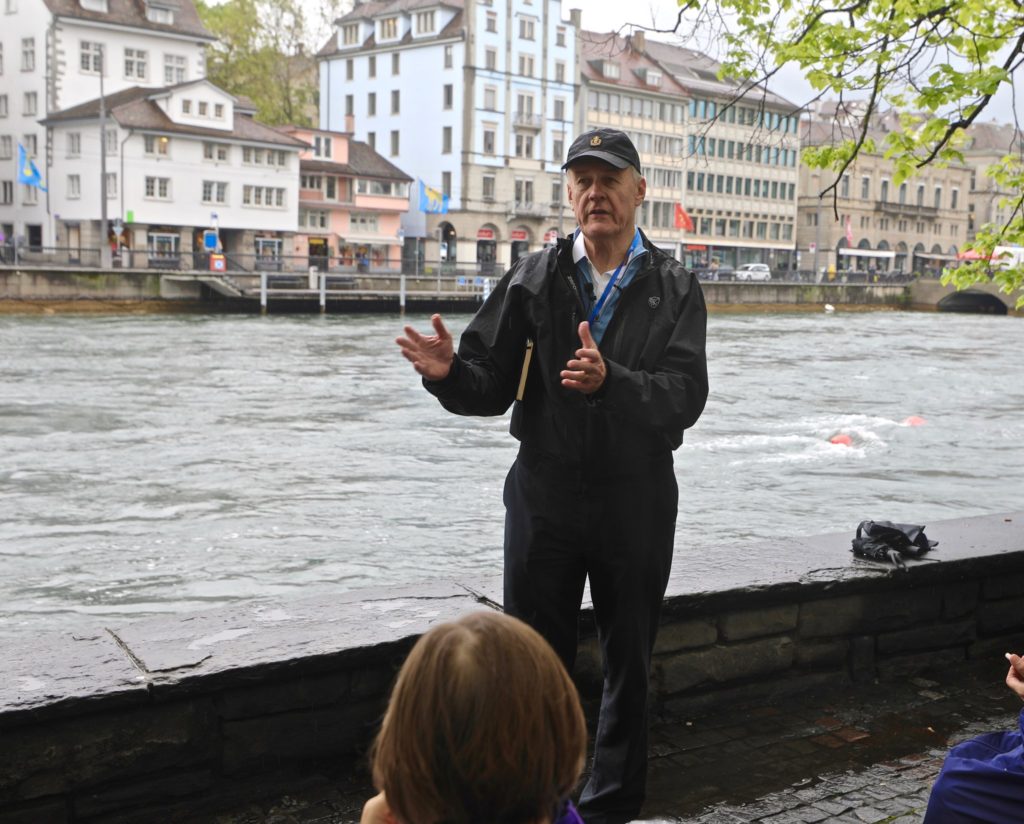Heinrich Bullinger, and John Calvin, the most important early Reformer was Ulrich Zwingli. A first-generation Reformer, he is regarded as the founder of Swiss Protestantism. Furthermore, history remembers him as the first Reformed theologian. Though Calvin would later surpass Zwingli as a theologian, he would stand squarely on Zwingli’s broad shoulders.
Less than two months after Luther came into the world, Zwingli was born on January 1, 1484, in Wildhaus, a small village in the eastern part of modern-day Switzerland, forty miles from Zurich. His father, Ulrich Sr., had risen from peasant stock to become an upper-middle-class man of means, a successful farmer and shepherd, as well as the chief magistrate for the district. This prosperity allowed him to provide his son with an excellent education. He presided over a home where typical Swiss values were inculcated in young Ulrich: sturdy independence, strong patriotism, zeal for religion, and real interest in scholarship.
The elder Ulrich early recognized the intellectual abilities of his son and sent him to his uncle, a former priest, to learn reading and writing. Thanks to his prosperity, Zwingli’s father was able to provide his son with further education. In 1494, he sent the ten-year-old Ulrich to the equivalent of high school at Basel, where he studied Latin, dialectic, and music. He made such rapid progress that his father transferred him to Berne in 1496 or 1497, where he continued his studies under a noted humanist, Heinrich Woeflin. Here Zwingli was given significant exposure to the ideas and Scholastic methods of the Renaissance. His talents were noted by the Dominican monks, who tried to recruit him to their order, but Zwingli’s father did not want his son to become a friar.
Universities of Vienna and Basel
In 1498, Zwingli’s father sent him to the University of Vienna, which had become a center of classical learning as Scholasticism was displaced by humanist studies. There he studied philosophy, astronomy, physics, and ancient classics. In 1502, he enrolled at the University of Basel and received a fine humanist education. In class, he came under the influence of Thomas Wyttenbach, professor of theology, and began to be aware of abuses in the church. He also taught Latin as he pursued further classical studies. He received his bachelor’s (1504) and master’s (1506) degrees from the school. Continue reading →


